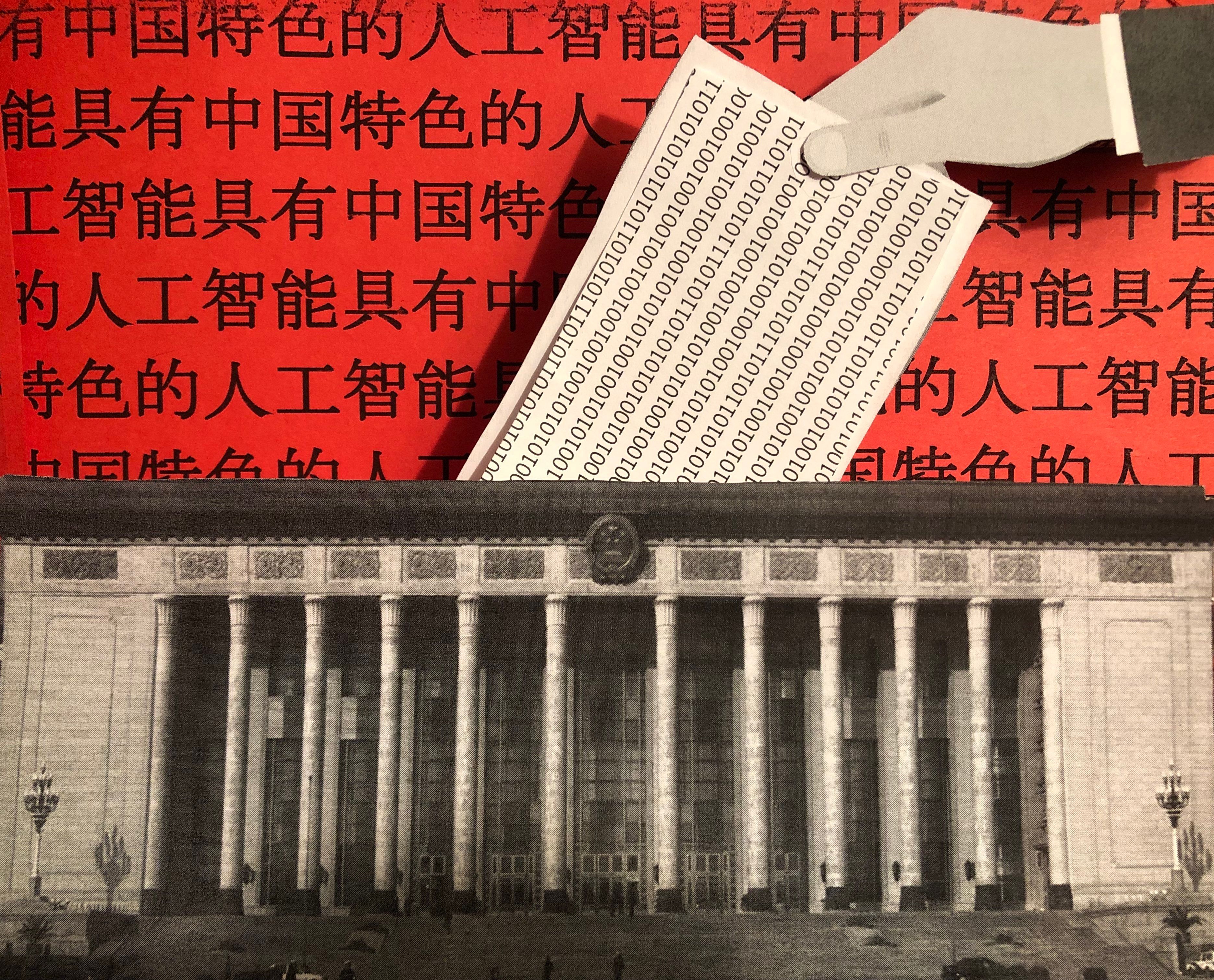January 18, 2019
My high school history teacher Dr. Cohen once told me, as we shuffled along the school cafeteria line, that computers would one day make socialism viable. Given that the Soviet collapse had already happened, and that Super Nintendo still seemed vastly more magical than anything you could put on your desk, this seemed far-fetched.
But his point was that one day, in principle, computers could amass enough detailed knowledge about people's needs and living patterns that governments could use them to run a planned economy efficiently. With enough data and computing power, you'd no longer need to rely on prices and markets to match up people with the things they want and need.
Almost thirty years later, computers are helping a Leninist state to maintain power, but in a very different way than Dr. Cohen had imagined.
China, now the world's second largest economy, has long since accepted the need to allow market forces to fuel its economy. But after all these years, the great question remains: As China grows wealthier and its people expect more from their government, can the Communist Party maintain its chokehold on political power? Isn't democracy still the least bad way for governments to understand what citizens want and to deliver those things efficiently?
Beijing is now betting that technologies like artificial intelligence and big data analysis will not only help the state stave off demand for democracy, but make democracy itself irrelevant for meeting the needs of its citizens.
The idea is to create a nation in which every person, company, road, bridge, river, air particle, hospital, school, and police station is monitored by sensors, cameras, or data hoovers. And then to feed that data into AI systems, developed by China's increasingly capable homegrown tech industry, that can help the government do to three things:
- Improve people's quality of life by using massive data sets and artificial intelligence to make roads, rails, hospitals, schools, and other public services run better and more responsively – without ever having to open up to the mess of democratic accountability or oversight. This might look good to those people around the world who believe democratic governments can barely tie their own shoes.
- Keep order by controlling the movement of "threatening" people and ideas. This is much easier to do via technology and data analysis than by sending spooks out to spy on people. This idea will appeal to governments looking to create the kind of stability that doesn't demand power-sharing.
- Create incentives for people to follow the rules by using technology to limit the access of lawbreaking citizens to important services. That might appeal to both law-abiding citizens and political officials.
It's a huge gamble, but control is a central motivation of the government's bid to become a 21st century AI superpower. That ambition isn't just about global power, it's about maintaining domestic stability. Can Beijing pull it off? No human can yet answer that question. But Dr. Cohen and I are watching closely.
More For You
- YouTube
In this Quick Take, Ian Bremmer unpacks the Trump administration’s new national security strategy, particularly its heightened focus on Europe.
Most Popular
- YouTube
Is the AI jobs apocalypse upon us? On Ian Explains, Ian Bremmer breaks down the confusing indicators in today’s labor market and how both efficiency gains as well as displacement from AI will affect the global workforce.
Members of the Uyghurs diaspora gather in front of Alberta Legislature during the protest 'Stand in Support of East Turkistan' to commemorate the 1990 Barin Uprising, on April 6, 2024, in Edmonton, Alberta, Canada. The East Turkestan independence movement seeks the region's independence for the Uyghur people from China. They advocate renaming the region from Xinjiang to East Turkestan, its historical name.
Photo by Artur Widak/NurPhoto
Remember Xinjiang? There was a time, not long ago, when China’s crackdown on the Uyghurs, a Muslim minority group living in Xinjiang province in Northwestern China, was a hot topic. But these days the attention has faded.
GZERO Media is seeking a video producer with strong writing skills and a passion for global affairs. He/She/They will have an opportunity to work with a growing team of talented journalists, producers, and editors crafting unbiased and compelling geopolitical content. This position will last approximately four months beginning in January 2026.
© 2025 GZERO Media. All Rights Reserved | A Eurasia Group media company.
